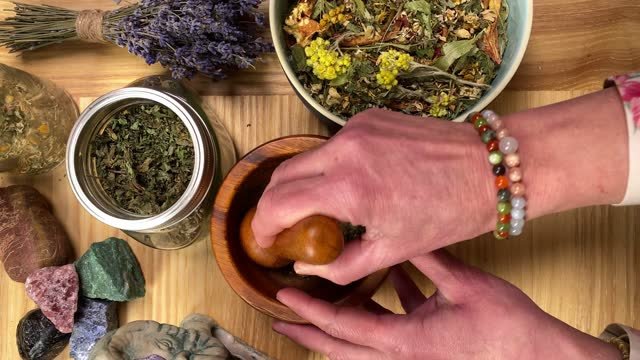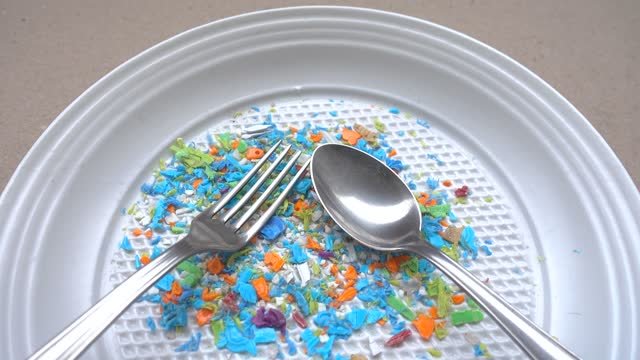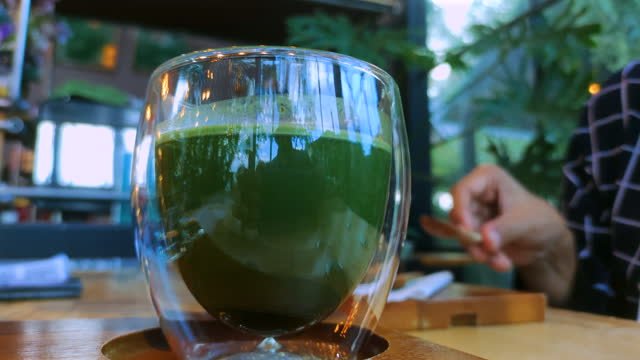
- calendar_month April 29, 2024
- folder Community Engagement
Sharing Tags
Brewing Practices, Consumer Awareness, Environmental Health, Health Impact, Health Risks, JohnHart, JohnHart Real Estate, Microplastics, Nathan Derry, Nathan Derry JohnHart, Nathan Derry Realty, Nathan Derry Recommends, Nathan Derry, JohnHart Real Estate, Plastic Pollution, Sustainable Living, Tea, Tea Bags

Tea, a beloved beverage enjoyed by millions worldwide, is often perceived as a wholesome and rejuvenating drink. However, recent studies have shed light on a concerning issue lurking within our tea cups: microplastics. These minuscule plastic particles, often invisible to the naked eye, have been found in various tea products, raising questions about their potential health risks and the implications for tea lovers everywhere.
Understanding Microplastics

Microplastics are tiny plastic particles measuring less than 5 millimeters in diameter, often invisible to the human eye. They can originate from a variety of sources, including the breakdown of larger plastic debris, microbeads in personal care products, and the degradation of synthetic fabrics. These particles are pervasive in the environment, contaminating oceans, rivers, soil, and even the air we breathe.
Microplastics in Tea Bags
Recent studies have revealed that many commercial tea bags contain plastic components, such as nylon, polyethylene terephthalate (PET), or polypropylene. These plastics are used to seal the tea bags and maintain their shape during brewing. When steeped in hot water, these plastic components can leach into the tea, releasing microplastics into the beverage.
Health Risks of Microplastics
The presence of microplastics in tea raises concerns about potential health risks associated with their consumption. While research on the health effects of microplastics is still ongoing, studies have suggested that these particles may pose various risks to human health:
-
Ingestion: When consumed, microplastics can accumulate in the gastrointestinal tract, potentially causing inflammation, intestinal damage, and disruptions to gut microbiota.
-
Toxicity: Microplastics have the potential to adsorb and accumulate harmful chemicals and pollutants from the environment, such as heavy metals and organic contaminants. When ingested, these toxic compounds may leach into the body, posing health risks.
-
Bioaccumulation: Microplastics ingested by organisms at the lower end of the food chain can bioaccumulate as they move up the food chain, potentially leading to higher concentrations in predators, including humans.
Safe Brewing Practices

To minimize exposure to microplastics while enjoying your favorite cup of tea, consider the following tips:
-
Choose Loose Leaf Tea: Opt for loose leaf tea over tea bags whenever possible. Loose leaf tea typically contains fewer plastic components and allows for greater control over the brewing process.
-
Avoid Plastic Tea Bags: When selecting tea bags, look for brands that use biodegradable or compostable materials instead of plastic. Tea bags made from natural fibers such as paper or cloth are preferable.
-
Use a Tea Infuser: Invest in a reusable tea infuser or tea strainer to brew loose leaf tea. These devices allow you to enjoy the convenience of tea bags without the risk of plastic contamination.
-
Opt for Organic and Sustainable Brands: Choose tea brands that prioritize sustainability and transparency in their sourcing and production practices. Organic and ethically sourced teas are less likely to contain harmful additives or contaminants.
-
Dispose of Tea Bags Responsibly: If you do use tea bags, dispose of them properly by composting them or disposing of them in the appropriate recycling bin. Avoid throwing tea bags directly into the trash, where they may contribute to plastic pollution.
While the presence of microplastics in tea may be concerning, adopting mindful brewing practices can help mitigate the risk of exposure. By choosing high-quality, plastic-free tea products and using sustainable brewing methods, you can continue to enjoy the many benefits of tea while safeguarding your health and the environment. Stay informed, stay vigilant, and savor your tea responsibly.
All the best,
Nathan Derry, Realtor

📍JohnHart Real Estate
📞(424) 303-0440
📧 nathan@jhagents.com
👨🏽💻 itsnathanderry.com
Interested in seeing a property or one of my off market properties in person? Contact me today! Who you hire matters!!!
Ready to make the best move of your life… let’s chat today!
